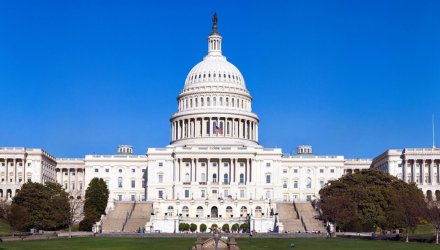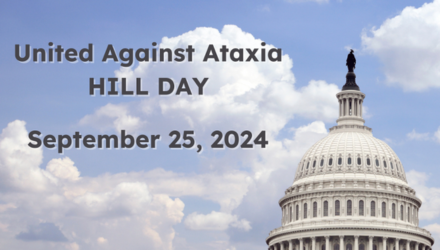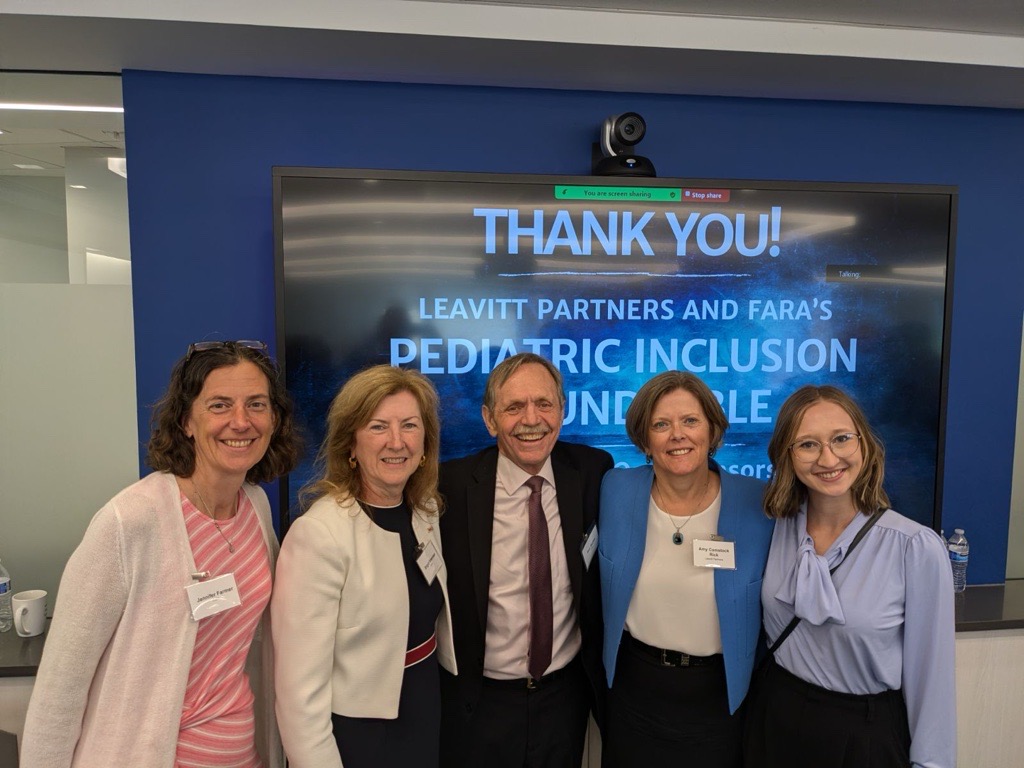TAKE ACTION
Advocacy
Public policy and legislation can impact research, drug development, drug approvals, patient access to approved medications and health care, and more. By using your voice to advocate for the FA community, you are advancing FARA’s mission to expedite treatments for FA.
Please take a moment to explore FARA’s advocacy pages to learn more about our initiatives and ways you can get involved.







